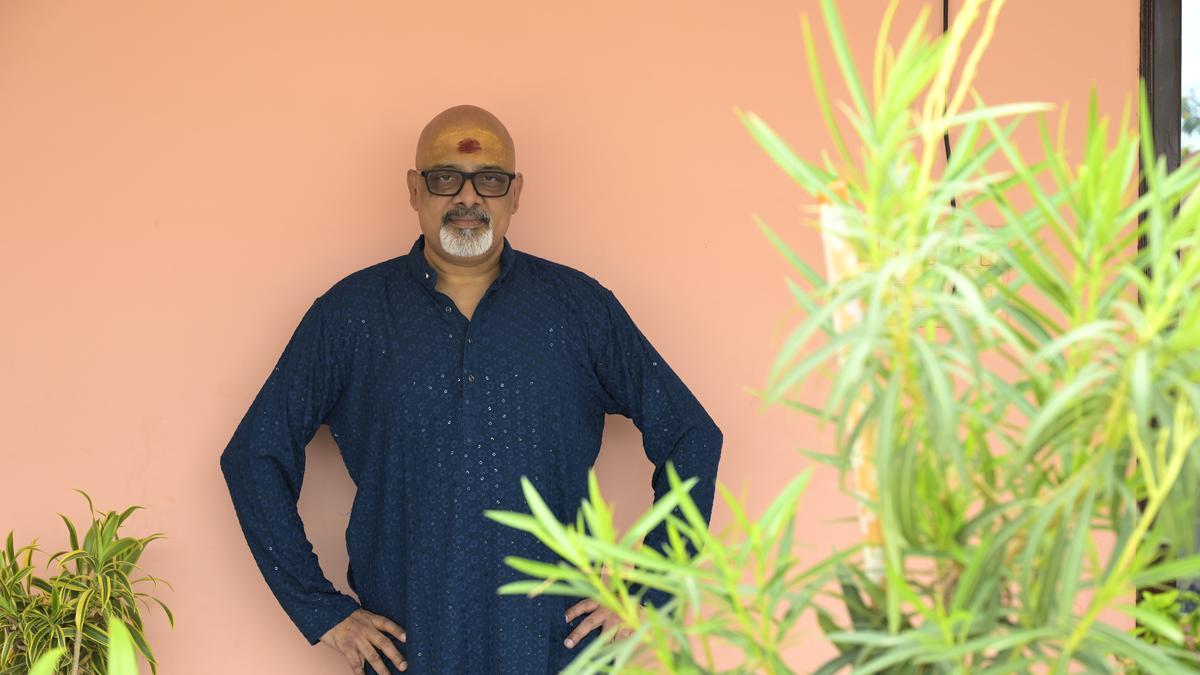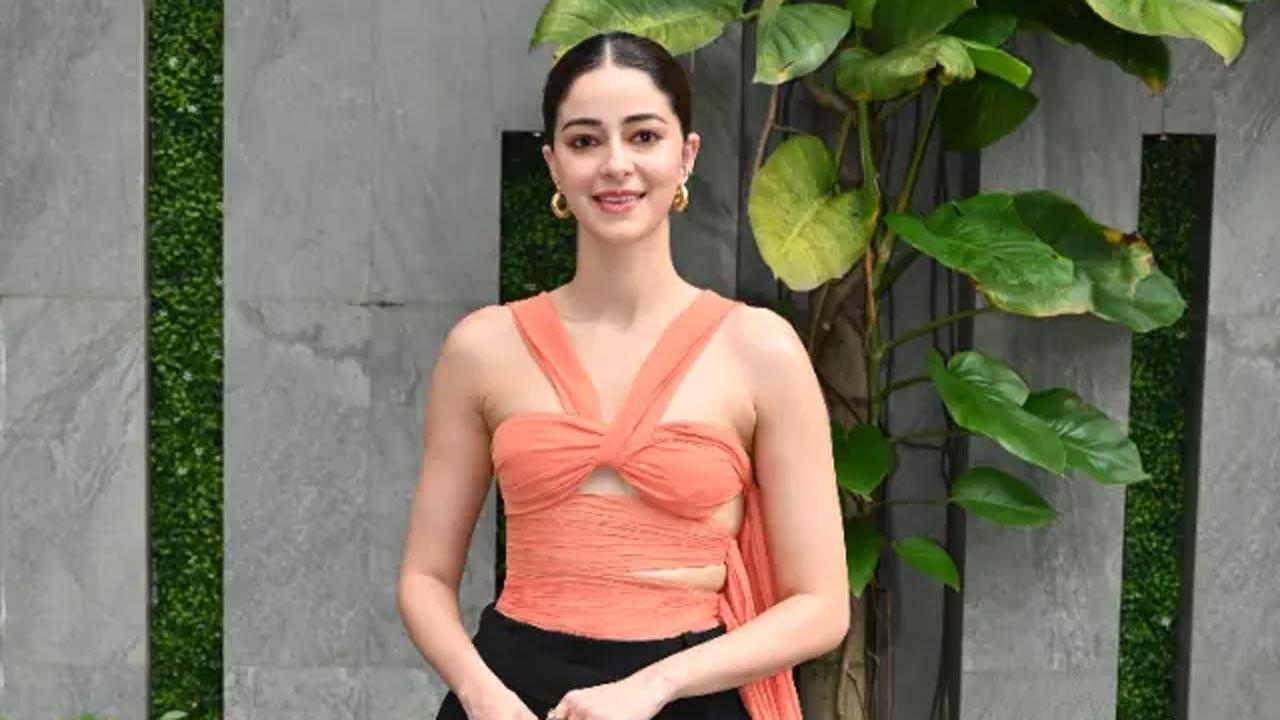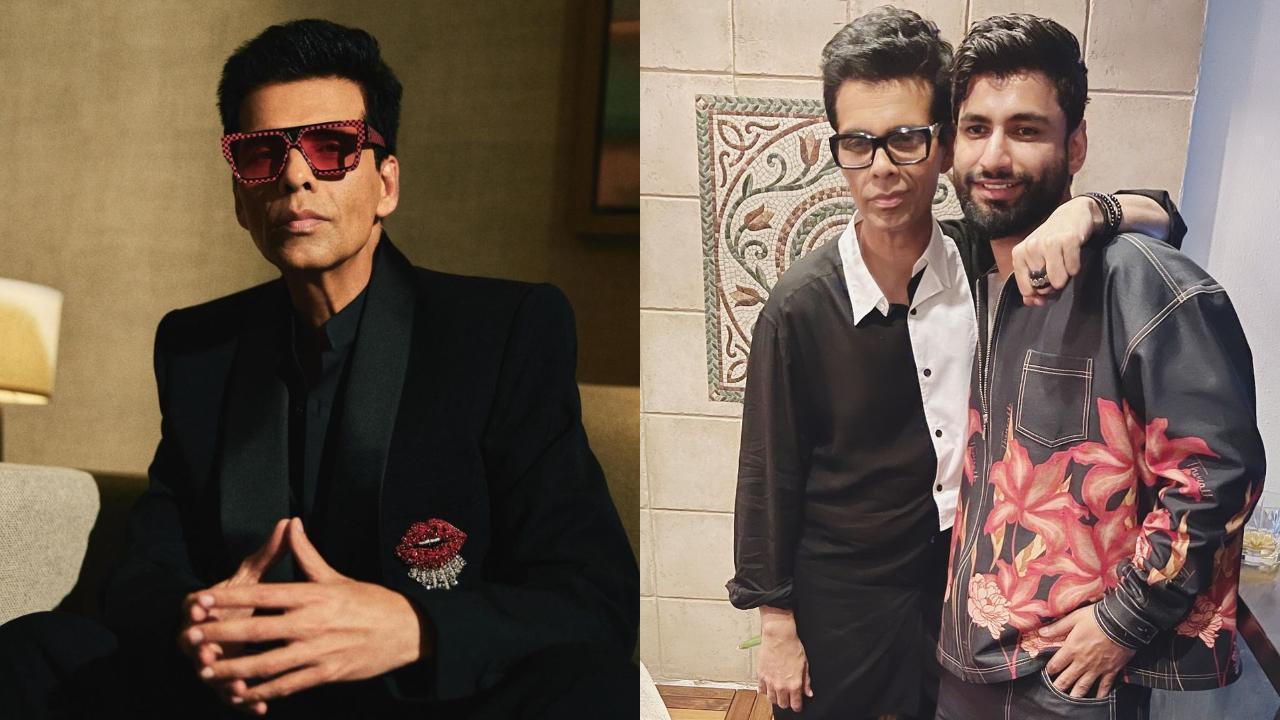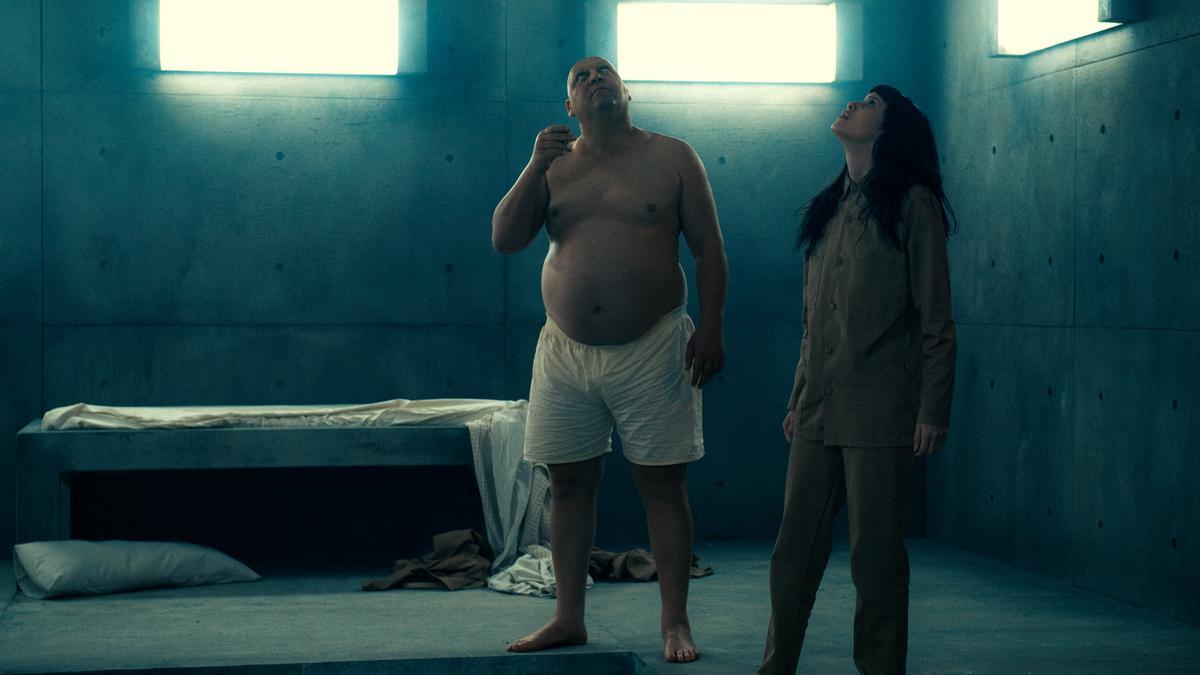
Lyricist Ramajogaiah Sastry is currently experiencing an exceptional period in his career. His songs, whether they cater to a sophisticated taste or a mainstream audience, have an immediate resonance with Telugu film lovers, especially the youth. From the soulful “Sadasiva sanyasi” in Khaleja to the playful “Kurchi madathapetti” in Guntur Kaaram, and the celebratory “Mallepoola taxi” from the upcoming film Dhoom Dhaam, to the electrifying “Bhairava” track from the recent release Kalki 2898 AD, the 53-year-old lyricist’s unique way with words has captivated audiences. As he completes 20 years as a lyricist this September, Ramajogaiah has undeniably etched a significant mark in the Telugu film industry.
“Mana jeevitham chinna chinna vishayalo mudi padi untundi. Manamu daani appreciate cheyadam lo fail avtaamu kaani, chinna chinna vishayale goppa sutraalu (It is the simple things that matter most in our lives but we fail to appreciate them.) Chedapaku ra chededavu (don’t spoil or you’ll get spoilt), Parula sommu paamu vantidi (It’s dangerous to eye others’ property), Kashte phale (hard work will reward)… are beautiful, little phrases in Telugu but great principles,” he reflects. Sastry’s approach to writing is grounded in simplicity and soulfulness, a philosophy that has served him well over the years.
Born in Muppala village, Guntur district, Andhra Pradesh, Ramajogaiah was an ardent movie buff with a love for singing from a young age. As the only child of his parents, he pursued a B.Tech in Mechanical Engineering and a Masters in Metallurgical Engineering at IIT. Although he initially aspired to work at a steel factory in Chennai and fulfill his dream of becoming ‘another SP Balasubrahmanyam,’ life had other plans. He ended up in Bengaluru in 1995, where he formed connections with writers and auditioned to be a singer. “I was told I cannot become a singer because I have no formal training in music, but was advised to hone my writing skills,” he recalls.
His career as a lyricist began with devotional songs for nearly 40 cassettes. Ramajogaiah then transitioned to writing Telugu lyrics for Hindi tracks and even worked on a project for actor Ravichandran, which ultimately did not materialize. Despite being based in Bengaluru, he treasured writing in Telugu, his mother tongue.
In 2001, after enjoying a dual role as an engineer by day and a lyricist after hours, Ramajogaiah made a life-altering decision. He quit his engineering job and moved to Hyderabad to join the Telugu film industry.
. There, he became a disciple of the legendary lyricist, the late Sitarama Sastry, and made his debut as a lyricist for the 2004 movie Yuvasena. “Destiny led me to different things and finally landed me here (writing lyrics),” he says, crediting fate for his journey.
Ramajogaiah’s creative mantra is straightforward: he writes not to show off his linguistic prowess but to convey what a character feels. His creative process is driven by two factors: the responsibility to fulfill the task given and the quest to follow a novel approach. Labeling himself as a ‘constructive team player,’ he notes, “I look for the uniqueness I can create within my sphere. My guru (Sitarama Sastry) could have written 100 songs on motivation, but I strive to see how distinctly I can write the 101st song.”
Over the years, he has written songs across all genres, from item songs to romantic duets and playful numbers. His surname ‘Sastry’ sometimes works against him, he jokes, “When they see Sastry in the name, they think I am some literary genius or poet. I tell them I will write what I know, but I can rise to any occasion without ignoring the points given by the director.”
Explaining his approach to songwriting, he says, “I am catering to a film which has commercial elements and I always think of the purpose of a song. I want my song to be simple, yet touch different segments of people.” Although he does not have favorite songs, he highlights milestones in his career such as ‘Evare nuvvu’ (Raju Bhai), ‘Nuvvakkadunte nenakkadunta’ (Gopi Gopika Godavari), ‘Ek Niranjan’ (Ek Niranjan), ‘Sadasiva Sanyasi’ (Khaleja), ‘Pranaamam pranaamam’ (Janatha Garaje), and ‘Devara’ (from the upcoming movie Devara).
Today, Ramajogaiah leads a busy life, writing around 100 songs a year. Among his ongoing projects are Devara, Thandel, Raja Saab, Bhaje Vayuvegam, Indian 2, and Game Changer. When not writing, he enjoys singing and indulges in social media and photography. He also loves making cameos in films with unique get-ups.
Despite his hectic schedule, Ramajogaiah remains grounded and prioritizes a positive mindset and celebrating life. “Keep a tab on sensibilities so that every song turns out to be a good one,” he advises.
With a career spanning two decades, Ramajogaiah Sastry continues to enchant audiences with his lyrical prowess, proving that simplicity and soulfulness can create magic in the world of music.










